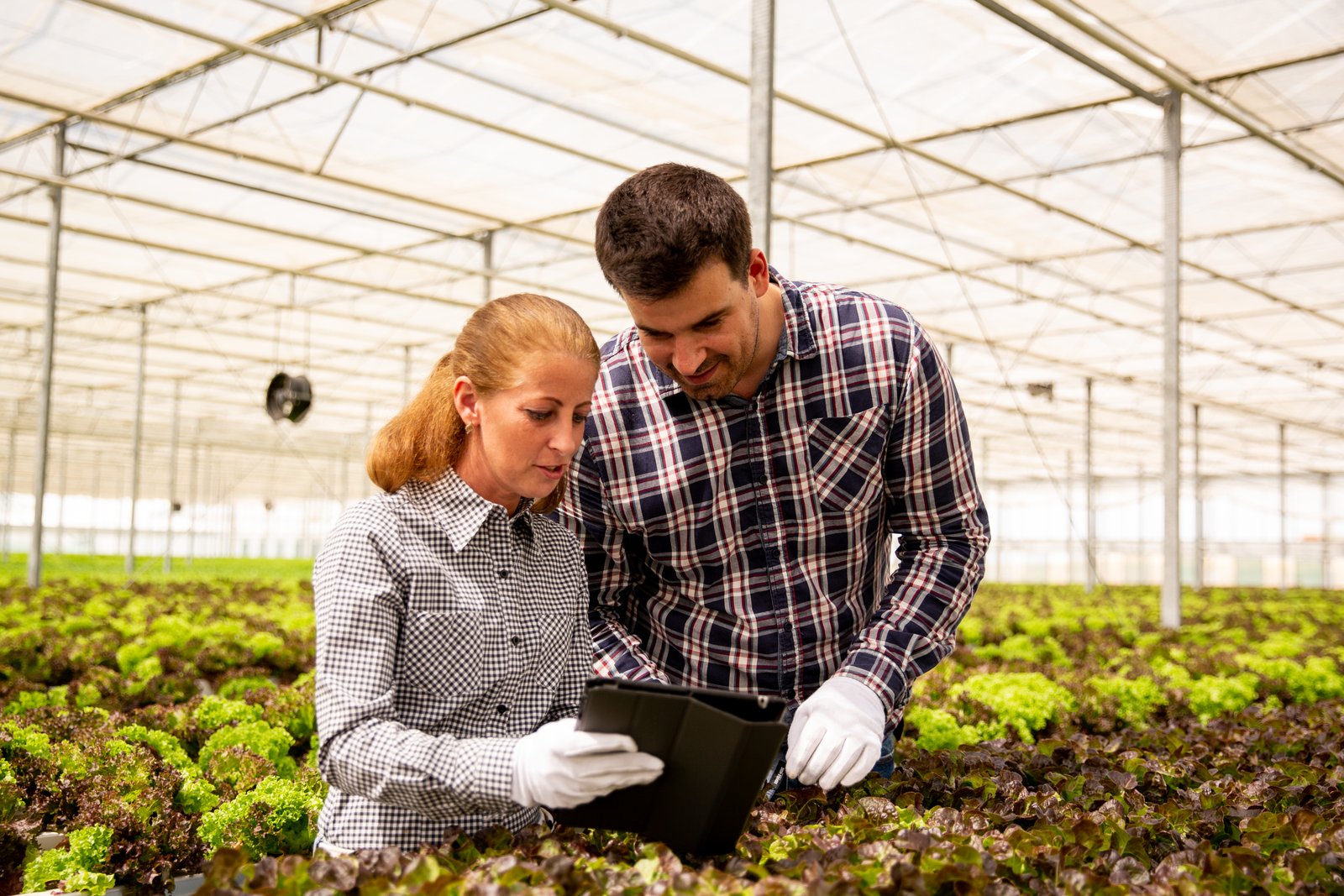Sustainable farming is becoming essential in Northeast Georgia as farmers strive to balance productivity with environmental stewardship. With growing concerns about climate change, soil degradation, and food security, the need for eco-friendly agricultural practices has never been greater.
Farmers in the region are turning to precision agriculture, regenerative farming, and organic methods to improve yields while protecting natural resources. From crop rotation and composting to automated irrigation systems, these innovations help reduce environmental impact and create long-term sustainability.
This article explores the key developments in sustainable farming in Northeast Georgia, including the latest technological advancements, eco-friendly practices, challenges faced by farmers, and the promising future of agriculture in the region.
The Role of Technology in Sustainable Farming
Advancements in agricultural technology are helping farmers in Northeast Georgia increase efficiency while reducing their ecological footprint. Some of the most impactful innovations include:
1. Precision Agriculture
Precision farming involves the use of GPS, sensors, and AI-powered analytics to optimize crop production. This allows farmers to:

- Apply fertilizers and pesticides more efficiently, reducing chemical runoff.
- Use real-time weather and soil data to improve irrigation management.
- Increase crop yields while minimizing resource waste.
2. Automated Irrigation Systems
Water conservation is crucial for sustainable farming. Smart irrigation systems adjust water distribution based on real-time soil moisture levels, ensuring crops receive the necessary hydration while preventing overuse.
3. Drones & Remote Sensing
Drones equipped with multispectral cameras help farmers:
- Detect pest infestations early, reducing the need for pesticides.
- Monitor soil health and crop growth, optimizing harvest times.
- Survey large farmland areas efficiently, saving time and labor costs.
4. Vertical & Hydroponic Farming
Urban farmers and small-scale growers are embracing vertical and hydroponic farming, which:
- Requires less land and water than traditional farming.
- Allows year-round crop production, independent of seasonal changes.
- Eliminates the need for synthetic pesticides, as plants are grown in controlled environments.
By adopting these technological advancements, farmers in Northeast Georgia are reducing waste, improving yields, and ensuring their long-term success.
Eco-Friendly Farming Practices Gaining Popularity
Beyond technology, sustainable farming also involves natural, regenerative agricultural methods that help maintain soil fertility and protect biodiversity. Some of the most effective techniques include:
1. Crop Rotation & Cover Cropping
- Rotating crops prevents soil depletion and reduces the risk of pests and diseases.
- Cover crops, like clover and rye, enrich the soil with nutrients and prevent erosion during off-seasons.
2. Organic Farming & Natural Fertilizers
- Organic farming eliminates synthetic pesticides and fertilizers, promoting soil health.
- Composting and natural fertilizers, such as manure and biochar, restore essential nutrients to the land.
3. Agroforestry & Pollinator Conservation
- Integrating trees into farmland (agroforestry) reduces carbon emissions and improves biodiversity.
- Supporting pollinators like bees and butterflies ensures better crop yields and maintains ecosystem balance.
4. No-Till Farming & Regenerative Agriculture
- No-till farming reduces soil erosion and improves moisture retention.
- Regenerative practices rebuild soil organic matter, enhancing farm productivity without harming the environment.
These methods are helping Northeast Georgia farmers create a more resilient and eco-friendly agricultural system.
Challenges Facing Sustainable Agriculture in Northeast Georgia
While sustainable farming presents numerous benefits, it also comes with challenges that farmers must overcome:
1. Climate Change & Extreme Weather
- Rising temperatures and unpredictable rainfall patterns threaten crop yields.
- Droughts and storms increase the risk of soil erosion and flooding.
2. High Initial Costs & Investment Barriers
- Transitioning to organic or regenerative farming requires significant investment in equipment, training, and certification.
- Many small farmers lack financial resources to adopt new technologies.
3. Market Access & Consumer Awareness
- Many consumers are unaware of the benefits of sustainable and organic produce.
- Competing with large industrial farms makes it difficult for small farms to sell their products at competitive prices.
4. Labor Shortages & Skilled Workforce Needs
- Sustainable farming techniques often require specialized knowledge and labor-intensive practices.
- A shortage of skilled agricultural workers limits the expansion of sustainable initiatives.
Despite these obstacles, government programs and farmer cooperatives are working to provide financial aid, training, and market support for sustainable agriculture.
The Future of Sustainable Farming in Northeast Georgia
Looking ahead, the future of sustainable farming in Northeast Georgia looks promising, with new initiatives supporting eco-friendly agriculture:

1. Government Incentives & Grants
- Federal and state programs provide financial support for organic certification, soil conservation, and carbon farming.
- Tax incentives encourage farmers to adopt renewable energy sources, such as solar-powered irrigation.
2. Community-Supported Agriculture (CSA) Programs
- CSA programs connect local farmers directly with consumers, ensuring fresh food at fair prices.
- Consumers pre-purchase farm shares, providing farmers with stable income.
3. Education & Training for Farmers
- Agricultural extension services and universities offer workshops on regenerative farming and sustainable business models.
- Young farmers are increasingly interested in agroecology and climate-smart farming techniques.
4. Carbon Farming & Climate-Resilient Crops
- Farmers are exploring carbon sequestration methods, where soil absorbs atmospheric CO₂, reducing climate change effects.
- Researchers are developing drought-resistant crop varieties to adapt to shifting climate conditions.
By embracing these trends, Northeast Georgia is set to become a leader in sustainable agriculture.
Sustainable farming is the key to ensuring food security, protecting natural resources, and supporting local economies in Northeast Georgia. With technological innovations, eco-friendly practices, and supportive policies, farmers are leading the way toward a greener and more resilient future.
Whether you’re a consumer looking for organic produce or a farmer exploring sustainable methods, there’s never been a better time to support sustainable agriculture in Northeast Georgia.
🌱 Want to learn more? Explore our website for insights on sustainable farming, local CSA programs, and resources for eco-conscious farmers!












